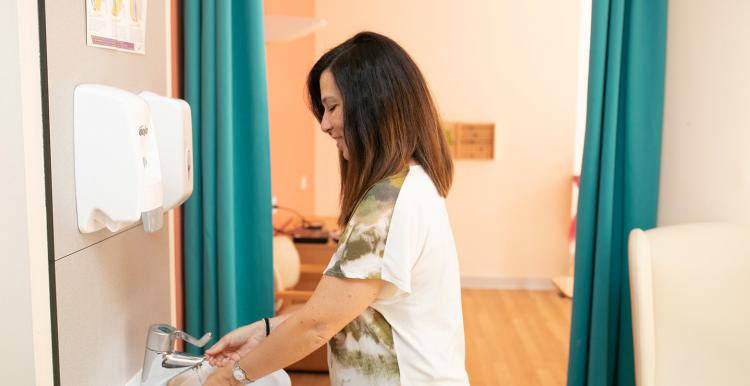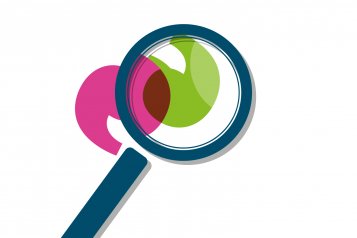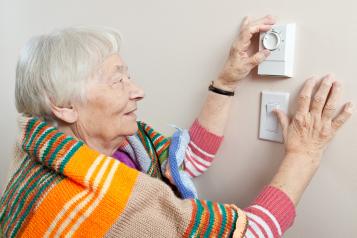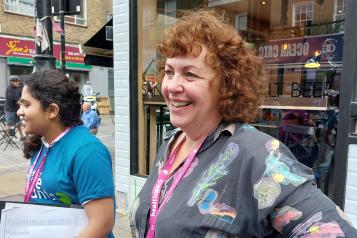Information on Coronavirus

Updated 6 August 2021
For the most up to date information about COVID-19 be sure to check Gov.uk.
If you think you might have coronavirus
Symptoms
- A high temperature
- A new, continuous cough
-
Anosmia - this is the loss of or a change in your normal sense of smell. It can also affect your sense of taste as the two are closely linked.
Most people with symptoms have at least one of these.
Many people with COVID-19 do not have symptoms but can still infect others. This is why everyone is advised to get tested regularly.
Find out about regular rapid COVID-19 tests
What to do if you have these symptoms
- Get a PCR test to check if you have COVID-19
- You and anyone you live with should stay at home and not have visitors until you get your test result.
Find out more and order a PCR test
Get help from NHS 111 if:
- You are worried about your symptoms
- You are not sure what to do
How to self isolate if you or someone in your house has coronavirus
Stay home and self isolate.
- Do not go to work, school, or public areas
- Do not use public transport or taxis
-
Do not go out to get food and medicine – order it online or by phone, or ask someone to bring it to your home
-
Do not have visitors in your home, including friends and family – except for people providing essential care
-
Do not go out to exercise – exercise at home or in your garden, if you have one
Your isolation period includes the day the first person in your household’s symptoms started (or the day their test was taken if they did not have symptoms) and the next 10 full days.
For more information about when to self isolate and what this means for families visit the NHS website.
In England from 16 August, if you’re fully vaccinated or under 18, you will not need to self-isolate following close contact with someone who has COVID-19. You’ll still need to take a PCR test and self-isolate if it’s positive.
How to avoid catching or spreading germs?
Do:
- Cover your mouth and nose with a tissue or your sleeve (not your hands) when you cough or sneeze.
- Put used tissues in the bin straight away.
- Wash your hands with soap and water often – use hand sanitiser gel if soap and water are not available.
- Try to avoid close contact with people who are unwell.
Don't:
- Do not touch your eyes, nose or mouth if your hands are not clean.
Face masks - when to wear one
The legal requirement to wear a face mask in all settings has now ended. However, people may wish to continue wearing them, and that personal decision should be respected.
The Government expects and recommends that people wear face coverings in crowded areas and some businesses and travel operators can even make wearing a face mask compulsory for customers and passengers.
Advice for people at high risk
If you're at high risk of getting seriously ill from coronavirus, there are extra things you should do to avoid catching it. These include:
- Not leaving your home – you should not go out to do shopping, visit friends or family, or attend any gatherings
- Avoiding close contact with other people in your home as much as possible
For the full list of people who are considered high risk visit the Government website.
Getting tested for Coronavirus (COVID-19)
Guidance on coronavirus testing, including who is eligible for a test, how to get tested and the different types of test available is available on the Government's website.
Further information
NHS England had produced a list of common questions about coronavirus, covering advice for you and your family, how it's caught and spread, prevention, self-isolation, testing and treatment and foreign travel.
Other places for information:


